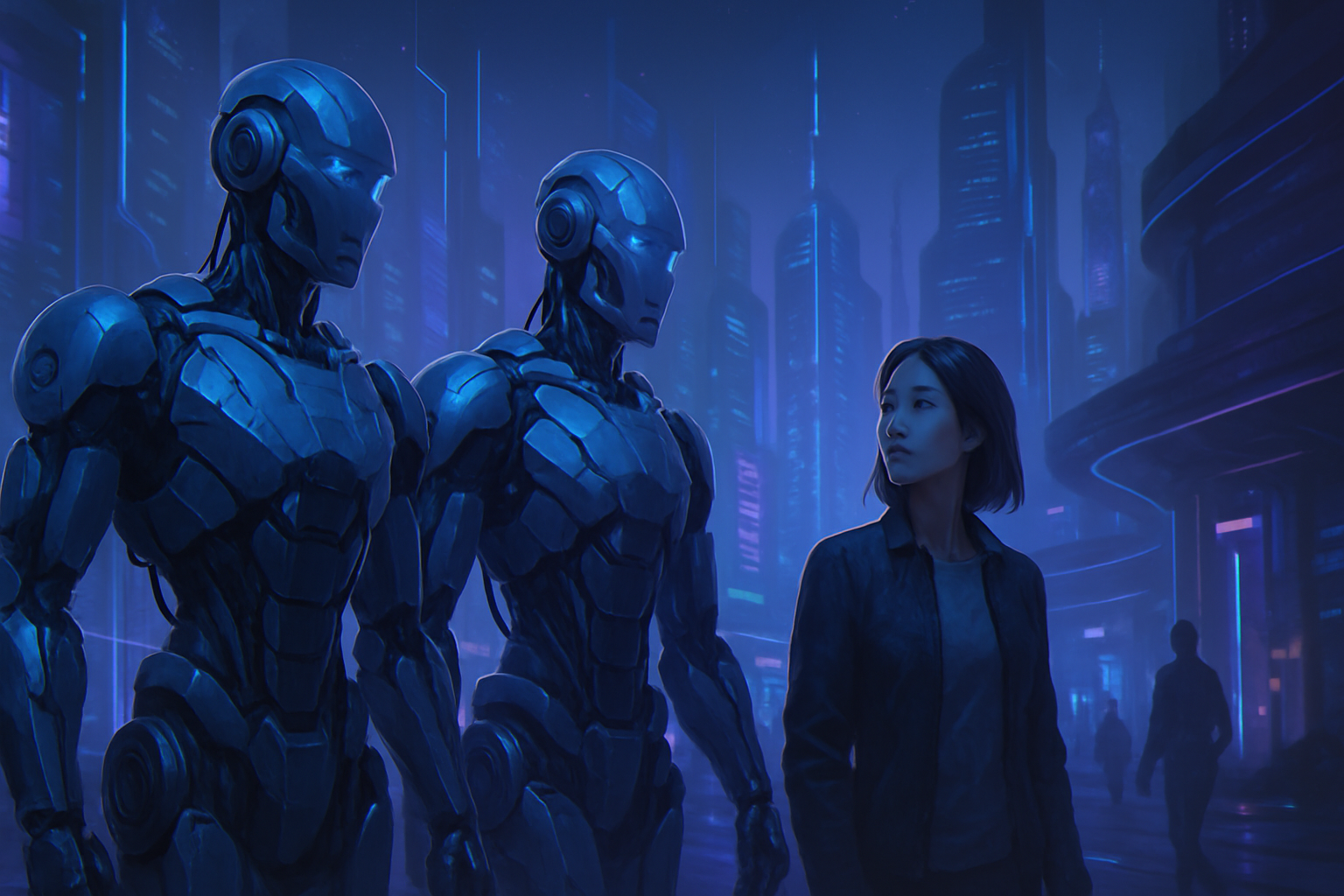Renaissance of a mythical speech, exalted by the absence of recordings. The call of June 18, 1940, pronounced by General de Gaulle, embodies the resilience and determination of a people in the face of adversity. This exhortation to resistance, articulated with unmatched eloquence, still resonates today. Thanks to the partnership between Le Monde and Ircam, artificial intelligence enables the reconstruction of this iconic voice, offering a new dimension to historical memory. This ambitious project evokes not only the Gaullist legacy but also the contemporary challenges of collective memory.
The Voice of History
On June 18, 1940, General de Gaulle delivered a speech etched in the French collective memory. This call to resistance, broadcast by the BBC, challenges the Nazi occupier. However, the disappearance of audio recordings today renders this moment a historical event imbued with mystery. The speech, although recognized, suffers from a lack of concrete reference. To this day, the Gaullist mythology often obscures essential details, fueling confusion and approximations.
Historical Misunderstandings
Many quotes attributed to de Gaulle have never appeared in his speech of June 18. Over time, erroneous versions have circulated, such as the claim that he said, “France has lost a battle! But she has not lost the war!” This misunderstanding illustrates the difficulty of preserving the memory of events so dramatic.
At that time, the general did not present himself solely as a military leader or as a political figure. On the contrary, he sought to unite the efforts of the resistance without claiming titles. The conclusion of his speech, emphasizing “the flame of French resistance,” embodies a call for unity and perseverance, evoking a *high* concept of resistance that continues to resonate.
Technology at the Service of History
To address the lack of recordings, Le Monde, in partnership with the Institute for Research and Coordination in Acoustics/Music (Ircam), is embarking on an unprecedented experience. The use of advanced artificial intelligence technology allows for the reconstruction of the general’s voice. Actor François Morel, through his interpretation, adds an emotional dimension to this attempt at sound rehabilitation.
This innovation is not limited to a simple sound reconstruction. Thanks to AI, it offers an evocation of the historical atmosphere surrounding the general’s call. Such an approach could redefine our understanding of significant speeches in history and immortalize them. The event of June 18, 1940, in this reconstructed form, regains its place in a tradition of eloquence that transcends the ages.
The Legacy of the Call
Over the decades, the general de Gaulle’s call to resistance has become a national symbol. His message, still resonating today, inspires generations. The invocation of the term “resistance” remains fundamental in various contexts, from politics to art, testifying to the lasting relevance of the speech. The presence of this call in collective memories guarantees its impact on contemporary French society.
Institutions such as Ircam strive to preserve this heritage by utilizing modern technologies. By rewriting history through contemporary lenses, it is possible to enrich the collective understanding of French identity. Initiatives aimed at reviving key moments in history are essential for their longevity.
Accessing the Reconstruction
The result of this evocation is accessible online to the general public. This initiative thus establishes a link between the past and the present, making history come alive. The interaction between the real and the virtual thereby becomes a bridge to a reality that, while digital, aims for fidelity to the authenticity of the historical moment.
This reconstruction also illustrates how technology can serve as a tool to immortalize significant historical events. The integration of innovations such as artificial intelligence in the cultural field opens up new perspectives.
Future Perspectives
As similar experiments arise in other fields, culture is enriched by technological contributions. By analogy, projects such as adapting narratives through AI show enormous potential. The links established between culture and new technologies could shape our historical perceptions and mold the future of education.
Future developments could include other pivotal events, reconstructing words and atmospheres through innovative tools. The continuity of this approach encourages us to envisage the future proactively while forging strong connections between past and present. Initiatives like this demonstrate that it is indeed possible to revisit key moments in a meaningful and engaging way.
Frequently Asked Questions about the Unprecedented Reconstruction of the Historical Call of June 18 by General de Gaulle
What is the reconstruction of the Call of June 18 by General de Gaulle?
This is an initiative aimed at reconstructing the voice of General de Gaulle during his famous speech of June 18, 1940, using technological advancements in artificial intelligence, which brings this significant event in French history to life.
Why is there no audio recording of the original speech of June 18, 1940?
No recording of this speech has been preserved, which raises difficulties in its precise memorization and dissemination, leaving room for various interpretations over the years.
What role does Ircam play in the reconstruction of this speech?
Ircam (Institute for Research and Coordination in Acoustics/Music) has collaborated with Le Monde to utilize advanced technologies to recreate the general’s voice, thus allowing a unique revival of this historical moment.
How was de Gaulle’s voice reconstructed?
The voice was reconstructed using artificial intelligence technology that analyzes existing audio archives, enabling a realistic representation of how the general might have expressed himself during this call.
How does the reconstruction of the Call of June 18 enhance our understanding of this event?
It provides access to an auditory evocation of the call, strengthening the emotional and historical connection while clarifying misunderstood or distorted elements over the years.
Who participated in this project and what was their role?
The project involved Le Monde and Ircam, as well as actor François Morel, who lent his voice for this reconstruction, adding a human and artistic dimension to the technology used.
Is this reconstruction accessible to the public?
Yes, the result of this evocation is made accessible to the public, allowing everyone to discover or rediscover the emotion and historical significance of this crucial call for French resistance.
How has the absence of the original recording influenced the perception of this call?
The absence of a recording has led to varied and sometimes erroneous interpretations of the speech, which has fostered myths and confusion surrounding the statements actually made by de Gaulle.
What are the main passages reconstructed in this project?
Although the reconstruction does not aim to reproduce the speech textually, it focuses on key phrases that have marked memories, such as the expression of the flame of French resistance.
How does this project highlight the importance of historical memory?
This project illustrates the importance of preserving and reviving historical memories for future generations, thus keeping alive the memory of significant events, such as June 18, 1940.






